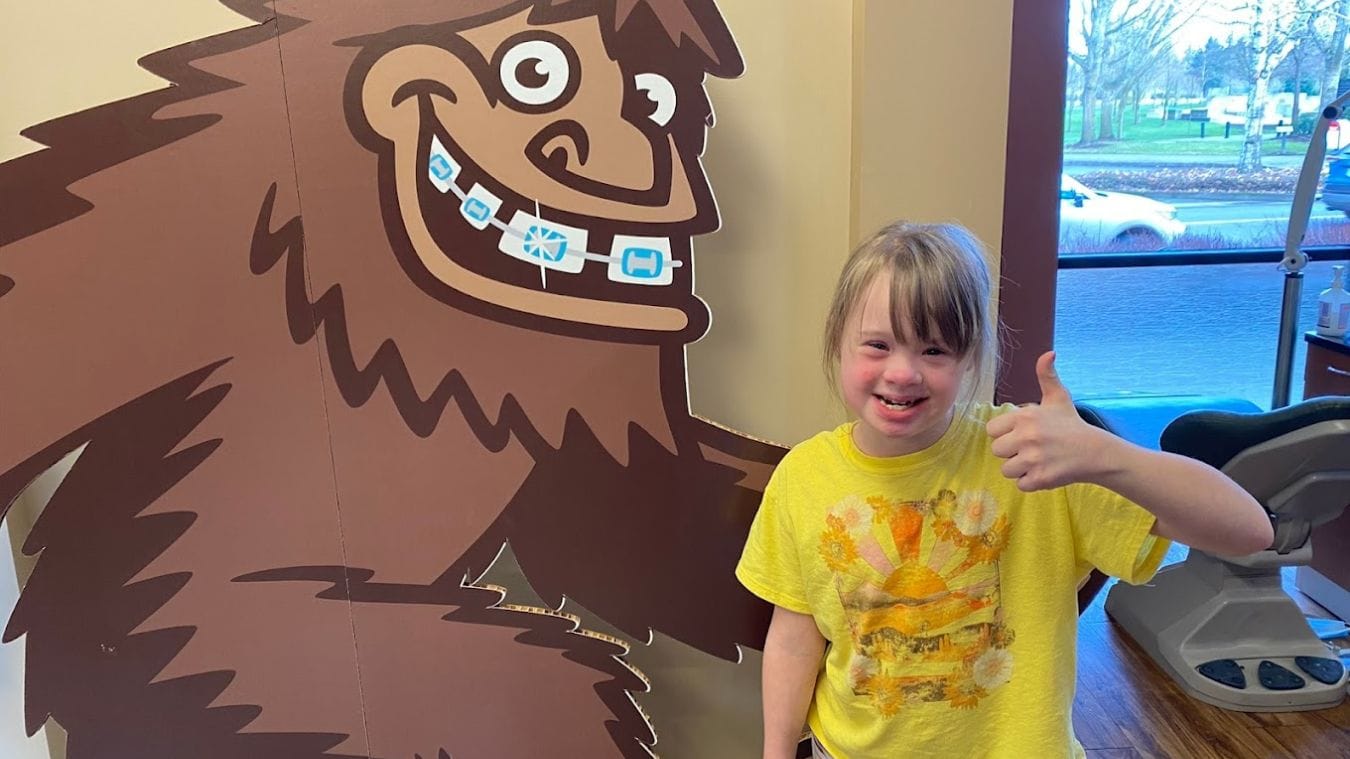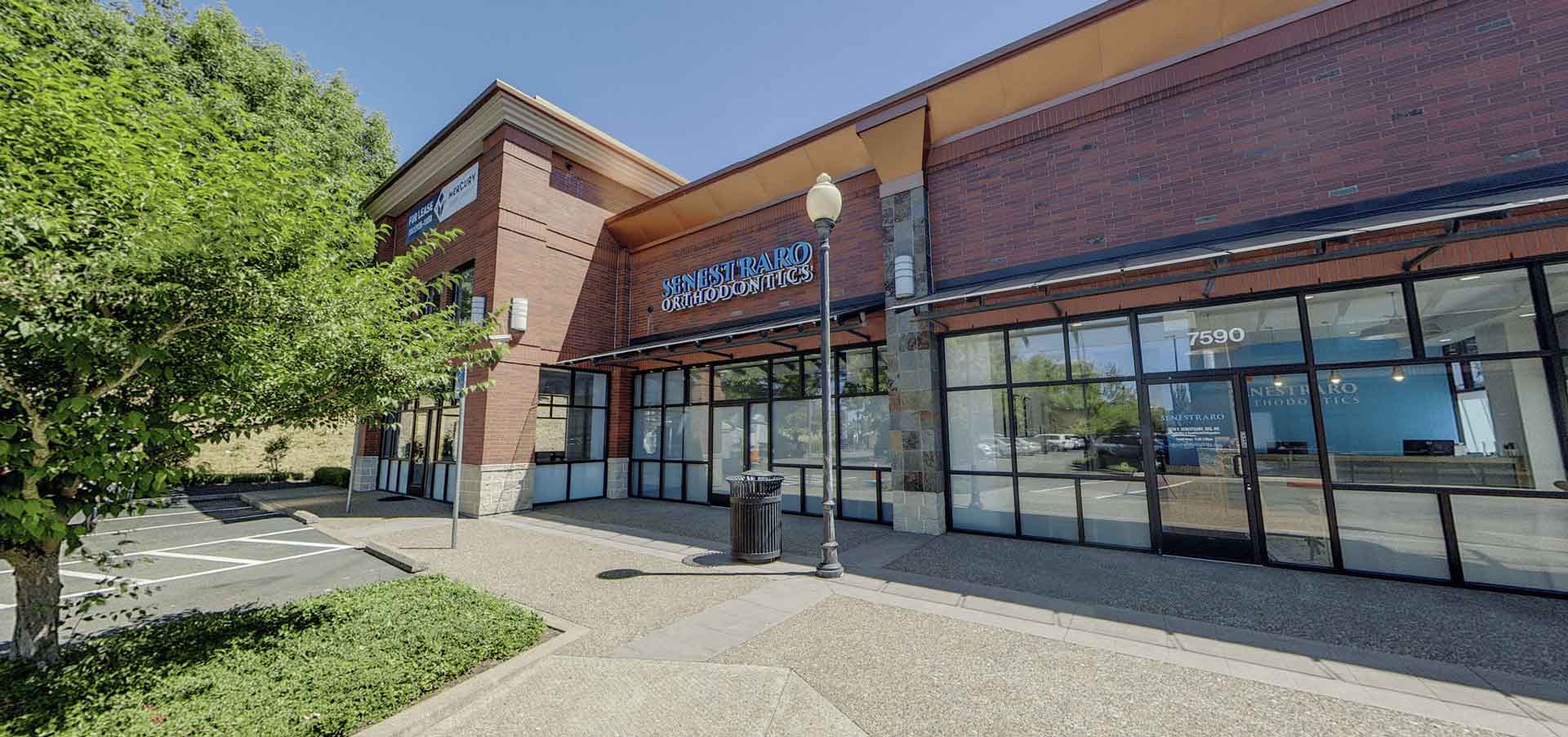
Causes and Effects of Crossbite
Crossbites are often hereditary, which means they can be genetically passed from one family member to another. Therefore, if someone in your family has misaligned teeth, you need to schedule a visit to an orthodontist in order to determine if you may be at risk of this dental problem. In some cases, crossbites may also arise out of certain circumstances. For instance, if your permanent teeth start to form before all your milk teeth have come off, they may not have sufficient space to grow in their correct position thus causing teeth misalignment. Crossbite often leads to severe discomfort and may cause several dental problems, including pain in the jaw, receding of the gums, weakening of teeth, sensitivity in the teeth and neck pain
Treatment for Crossbites
Untreated crossbites can lead to long term dental problems such as wearing off of the enamel, teeth grinding and even loss of teeth. For this reason, it is absolutely vital to visit an orthodontist if you suspect you have a crossbite or misaligned teeth. Usually, orthodontic braces are used to correct misaligned teeth and treat crossbite.


